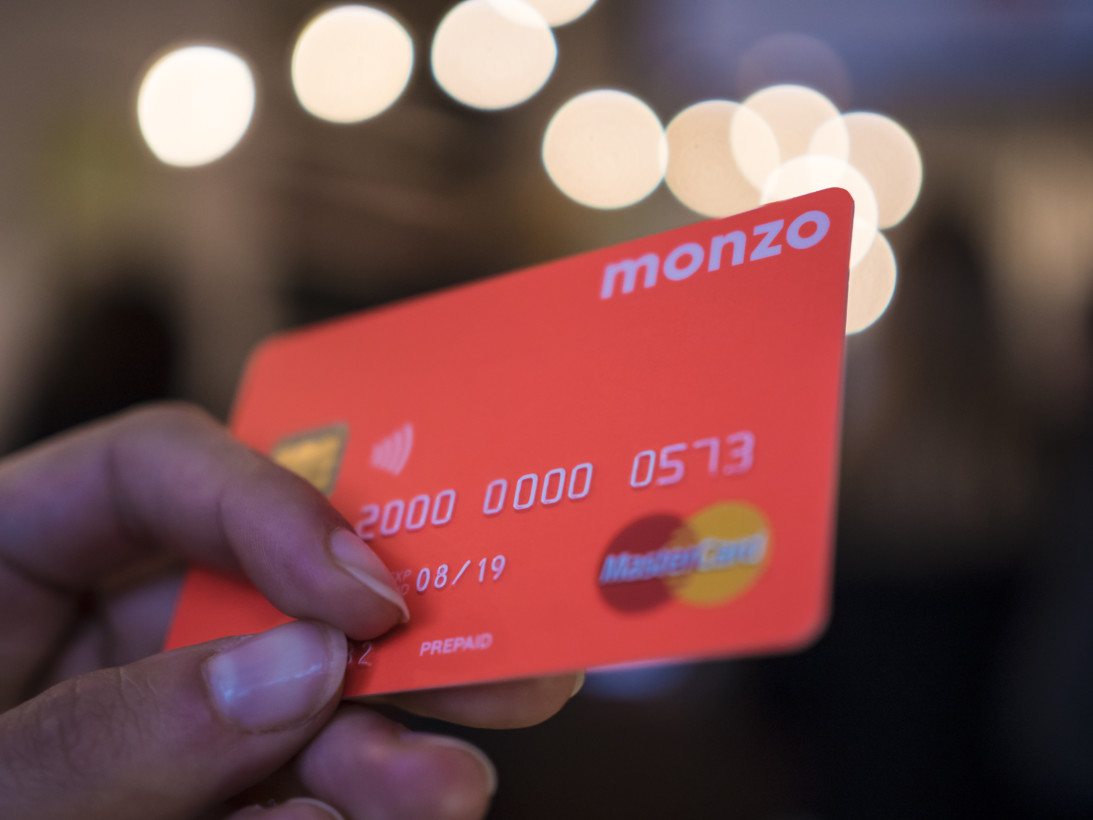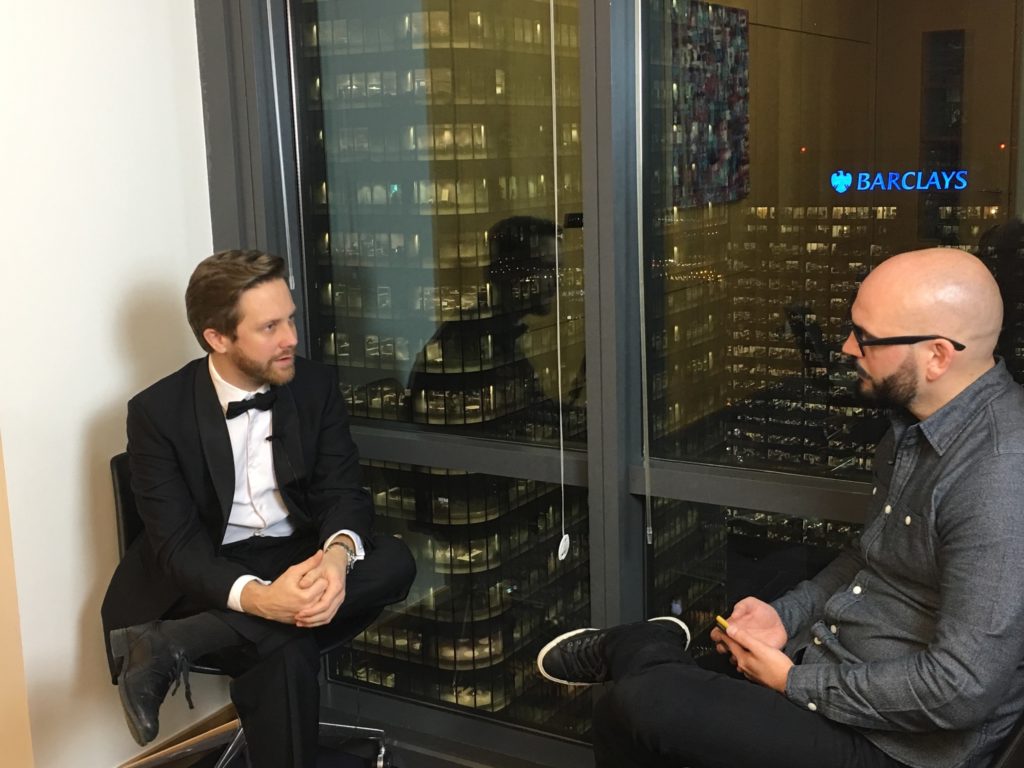The first job Tom Blomfield (left in photo) ever had was delivering leaflets for estate agent Wilson Heal. He lasted one day in the cold December rain before convincing the guys that leaflets were old school and they really needed a website, which Tom then built and still exists today. That opened up the world of the internet, as well as entrepreneurship, for him. After studying law at Oxford, he went back to business and is now Co-Founder and CEO of digital bank Monzo. 11:FS CEO David Brear talks to him about why ‘Monzonauts’ are so crazy devoted to the brand.
[You can download and listen to this interview if you prefer]
This isn’t your first startup. Tell us a little bit more about your history prior to Monzo.
At university I started a company that went onto Y Combinator in 2007, but I had to leave at that time. But it was an amazing two-year experience of building and growing and launching a startup. And then, GoCardless in 2011, we founded it, myself and my two co-founders, Matt and Hiroki, and I was there for almost three years, and that was my first experience with FinTech. I think the word FinTech wasn’t yet around. GoCardless was a business that helped other businesses collect money. So it was a direct debit API, you could plug it in to your app, or your website, and now it’s used by people like the Guardian and the government, and a bunch of train companies and dating sites, all the way down to, you know, small hockey clubs.
What really stands Monzo apart?
I did GoCardless because it got me out of being a management consultant, initially. And it gave me this grounding in how money works, how FinTech, financial technology works, and sort of, how money moves around the world…I worked for a dating website for a year, after I left GoCardless, which was amazing fun. I spent a year out, which is where I met Jonas, my Co-Founder. And that was my first experience of real consumer internet. It was an app and mobile, a real-world service, and it was just amazing to build something that my friends used. You know, GoCardless was great, it helped small, medium, and now large businesses collect money, and made their back office operations more efficient, but it wasn’t something that I used every week. You know, I’d never run a business collecting recurring payments. Whereas with this dating app, it was something that I could relate to. And so Monzo is that combination of the financial technology, the regulation, all of the moving money around [multiplied] by a consumer app, that actually helps real people. That has a positive impact on my friends and my family, and hopefully the circles around them, to eventually millions of people around the world.
You’ve just announced you’ve hit 100,000 users.
We hit 100,000 pre-paid card holders, we transacted about £100 million last year, and the growth is still just phenomenal. I think last week we grew about 6 or 7% week on week.
We we spent two years building the bank, building the technology, getting the license, and it feels like we’re getting to the starting line, when we can actually launch a current account, start to make revenue.



